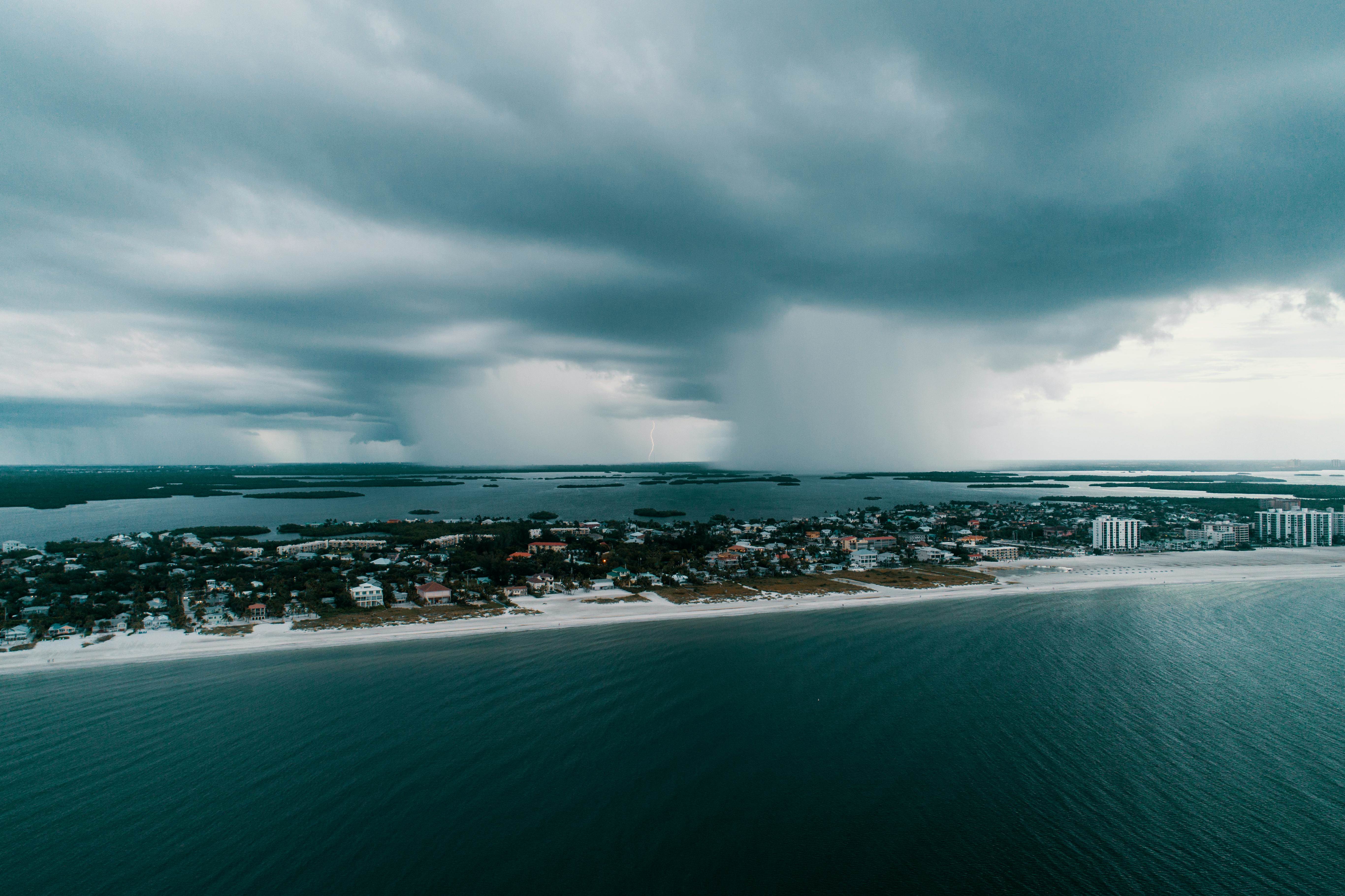Disruption of Routine Activities and Increased Criminal Opportunity
Hurricane season interrupts normal societal routines: homes are boarded up, some residents evacuate, infrastructure may be damaged, power may go out, and police resources shift toward emergency management and rescue operations. Such disruptions can create environments conducive to property crimes — burglars may see vacant homes, weakened guardianship may permit theft or looting, and the demand for relief may open the door to scams.
Research based on Florida data shows that hurricanes often correspond with increases in property crimes such as larceny and burglary. Meanwhile, law enforcement organizations emphasize that criminals look for “easy opportunity crimes” during and after storms, especially in evacuated or vulnerable neighborhoods.
Arrest Patterns During and After Storm Events
In Lee and Collier Counties, when storm preparations begin and evacuations are under way, police may shift priorities from routine patrols toward traffic control, search and rescue, shelter operations, and recovery efforts. This shift can mean fewer officers dedicated to standard crime prevention and investigation — possibly delaying arrests or changing arrest patterns.
While some types of index crimes (such as violent street crimes or vehicle theft) might decrease in the immediate aftermath of a disaster, domestic violence often increases. Studies of Florida counties have found that natural disasters are associated with decreased levels of overall reported crime, but a statistically significant increase in domestic violence.
In the context of Lee and Collier Counties, this suggests that while there may be fewer street-level crimes during a hurricane’s landfall, there may be more arrests related to domestic disturbances in the days following — when stress, displacement, crowding in shelters, loss of power, and uncertainty are at their peak.
Factors Specific to Lee & Collier Counties
Both Lee and Collier Counties face the unique challenges of Gulf-coast exposure, seasonal population changes (tourists and snowbirds), and variable evacuation patterns. Some of the key factors that affect crime and arrests during hurricane season include:
- Evacuation and Vacancy: When homes are left vacant, they become targets. With fewer occupants, guardianship is reduced, and property crimes may increase.
- Power Outages and Infrastructure Stress: Without power, lighting and security systems may fail, making homes and businesses more vulnerable. Communication disruptions can also delay 911 calls or police response.
- Law Enforcement Resource Diversion: During storms, law enforcement agencies often shift staff and resources toward storm-related duties such as clearing roads, assisting shelters, and managing evacuations. This can reduce routine patrols and delay arrests.
- Shelter Crowding: Evacuees in communal settings face heightened stress and limited privacy, increasing the risk of interpersonal conflict and domestic violence.
- Scams and Fraud: Natural disasters bring out opportunistic scams — fake charities, price gouging, and fraudulent contractors. Local law enforcement may see more arrests related to fraud and exploitation of vulnerable residents.
- Post-Storm Mobility Issues: With debris, flooding, and damaged infrastructure, residents can be more isolated. This isolation can delay crime reporting and police response, allowing some crimes to go undetected longer.
What the Research Shows
To bring these observations into sharper relief, research on hurricane-related crime in Florida has shown several trends:
- Natural disasters often decrease levels of reported property and violent crimes but increase domestic violence incidents.
- Hurricanes have been associated with measurable short-term increases in burglary, robbery, and overall property crime, especially in the weeks following a storm.
- Criminologists attribute these patterns to the Routine Activities Theory, which suggests that when normal routines and social structures are disrupted, criminal opportunities increase due to reduced guardianship and increased availability of targets.
- Florida’s law enforcement leaders consistently warn that criminals exploit the confusion surrounding natural disasters, both before and after storms.
While studies may not isolate Lee and Collier Counties specifically, the Florida-wide findings — combined with the region’s high hurricane exposure — suggest that these counties should expect similar shifts: decreases in certain crimes during the storm itself due to evacuation, and increases in others (especially domestic violence, fraud, and opportunistic theft) during recovery.
Implications for Law Enforcement and Residents
For law enforcement in the region, hurricane season calls for careful strategic planning: anticipating shifts in crime types, allocating resources between emergency management and crime prevention, and preparing for delayed arrests due to infrastructure damage.
For residents, hurricane season means not only preparing homes and evacuation plans but also staying alert to criminal activity before and after storms. Many crimes that occur during this period are preventable through basic security awareness and community cooperation.
Here are key precautions to consider during hurricane season in Lee & Collier Counties:
- Secure your home before evacuating — lock all doors and windows, and inform a trusted neighbor or law enforcement contact that you’re leaving.
- Remove or secure valuables and important documents; photograph them for insurance and legal records.
- Stay in communication with local law enforcement and community alerts; notify them of empty homes or unusual activity.
- After the storm, be cautious of unsolicited contractors or charities offering “immediate assistance” — verify their legitimacy before providing payment or information.
- Report any suspicious persons or vehicles in your neighborhood, especially if power or communications are down.
- Be aware that post-storm stress can elevate domestic tension; seek help immediately if you or someone you know feels unsafe.
